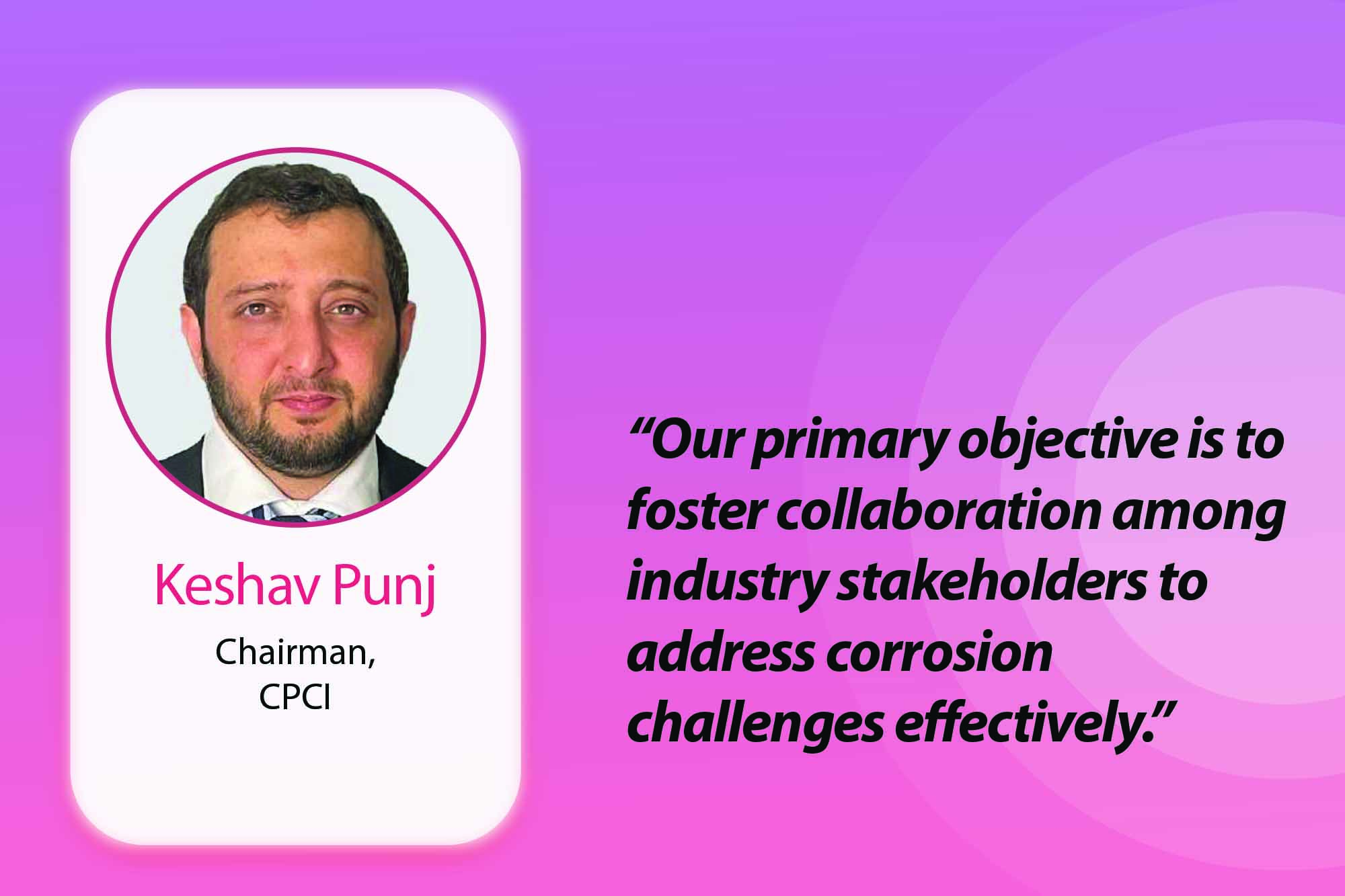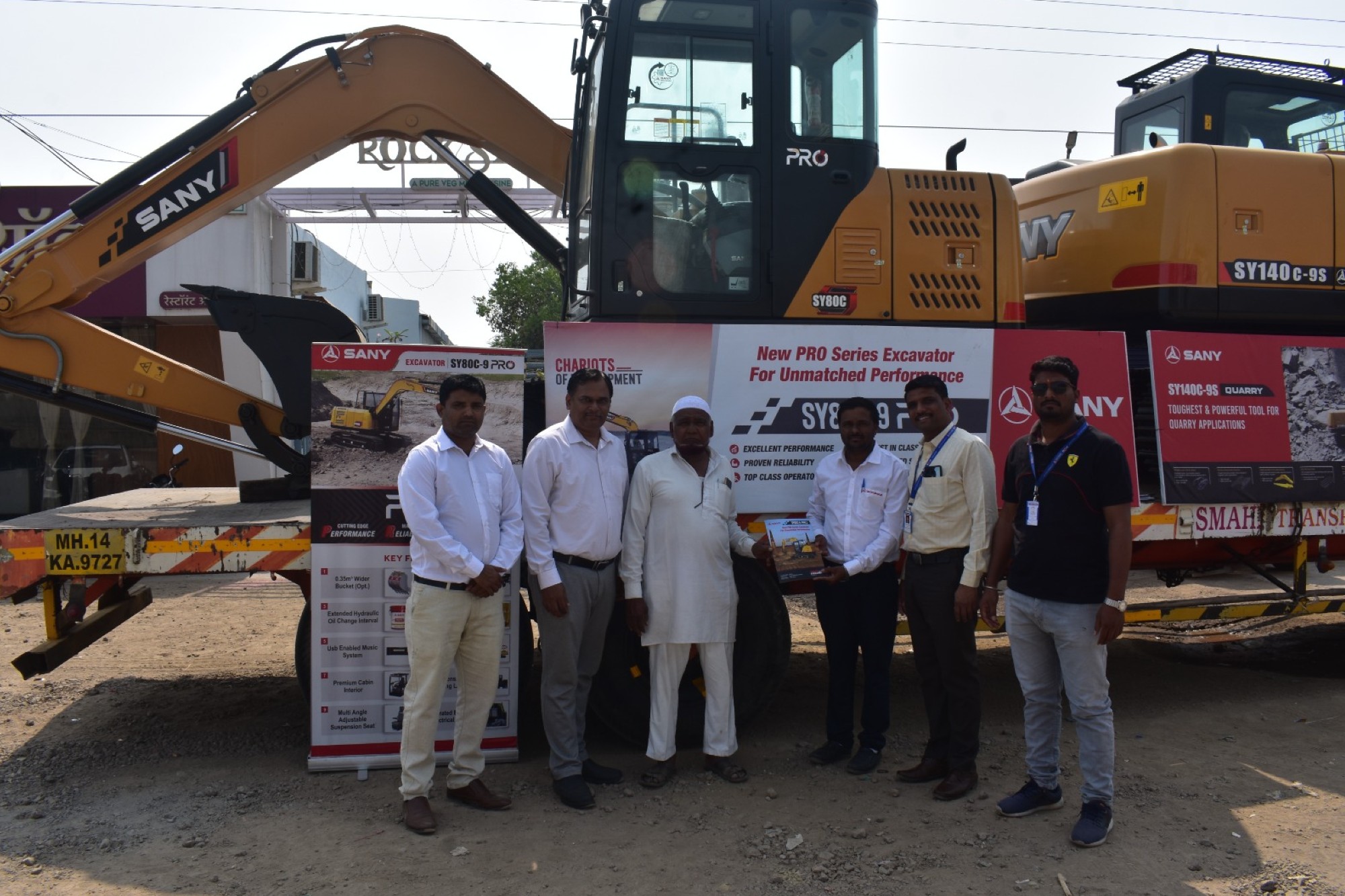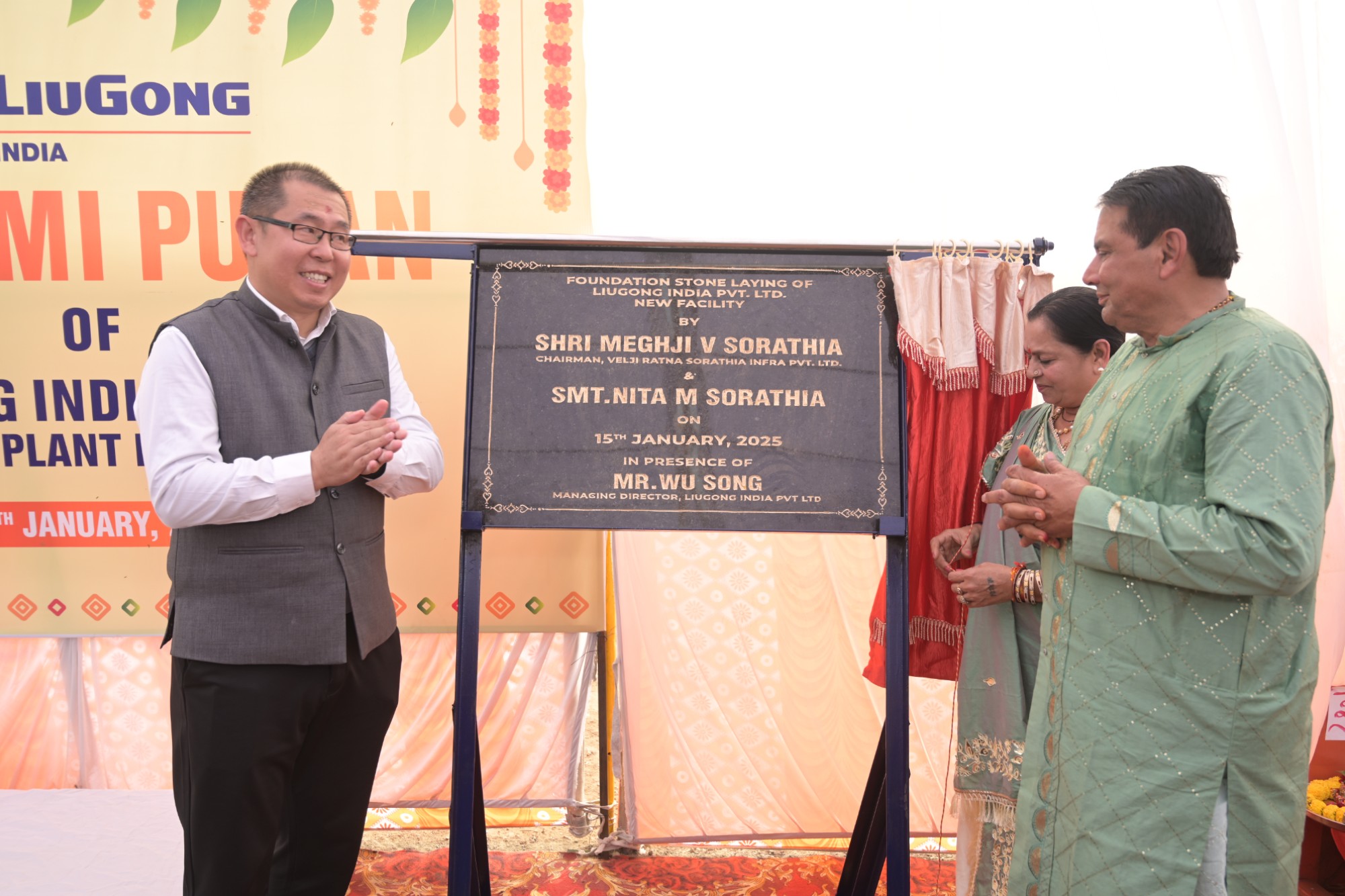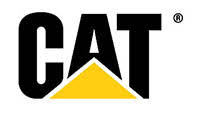Safeguarding India’s infrastructure with the CPCI
By Edit Team | May 13, 2024 2:50 pm SHARE

Join us as we delve into the CPCI’s core initiatives, exploring its endeavours to promote awareness, advance technology, and foster collaboration in the relentless pursuit of infrastructure resilience.
What motivated the formation of the Corrosion Protection Council of India, and what are its primary objectives in addressing corrosion challenges within the construction and infrastructure sectors?
The Corrosion Protection Council of India (CPCI) was established to recognise corrosion’s significant economic and safety implications within the construction and infrastructure sectors. Our primary objective is to foster collaboration among industry stakeholders to address corrosion challenges effectively. By promoting awareness, education, and best practices, we aim to mitigate the adverse effects of corrosion on infrastructure durability and safety, ultimately enhancing asset longevity and minimising maintenance costs.
How does the CPCI educate stakeholders on the importance of proper surface preparation, and what advancements in surface treatment technology do you foresee impacting the industry?
Surface preparation is indeed a cornerstone of adequate corrosion protection. The CPCI educates stakeholders on the critical importance of proper surface preparation techniques through various outreach programs, workshops, and seminars. We emphasise the role of surface cleanliness, roughness, and coating adhesion in achieving optimal corrosion resistance. Advancements in surface treatment technologies, such as laser cleaning and plasma surface modification, are promising to enhance corrosion protection capabilities and extend asset lifespans.
Corrosion prevention emphasises modern protective coatings, such as hot-dip galvanising and thermal spraying. Could you discuss the suitability of these coatings for different types of infrastructure projects and the factors influencing their selection?
Modern protective coatings, including hot-dip galvanising and thermal spraying, offer versatile solutions for corrosion prevention across diverse infrastructure projects. The suitability of these coatings depends on factors such as environmental conditions, substrate material, and project requirements. Hot-dip galvanising, for instance, is highly effective for steel structures exposed to harsh environments, while thermal spraying provides superior corrosion protection for complex geometries used in embedded conditions. Engineers and asset owners can consider these factors to select the most appropriate coating system to ensure long-term corrosion resistance.
How does the CPCI promote corrosion protection solutions that align with sustainability goals and contribute to the longevity of infrastructure assets?
Sustainability is a core consideration in the selection of corrosion protection solutions. The CPCI promotes environmentally friendly practices and technologies that align with sustainability goals and contribute to the longevity of infrastructure assets. By advocating for the use of durable coatings, materials arresting corrosion initiation, and innovative maintenance strategies, we aim to minimise the environmental impact of corrosion mitigation efforts while maximising the lifespan of infrastructure assets. Through collaborative research and knowledge sharing, we strive to develop sustainable corrosion protection solutions that balance economic, environmental, and societal needs.
How does the Corrosion Protection Council of India prioritise safety considerations in its corrosion protection strategies, particularly concerning the workforce?
Safety is paramount in all aspects of corrosion protection, particularly concerning the workforce involved in surface preparation and coating application. The CPCI prioritises safety considerations by providing comprehensive training programs and safety guidelines for industry professionals. We emphasise the importance of proper personal protective equipment, ventilation systems, and hazard awareness to mitigate the risks associated with corrosion control activities. By fostering a culture of safety and adherence to best practices, we aim to safeguard the well-being of workers and ensure the successful implementation of corrosion protection strategies.
Could you share examples of successful collaborative initiatives the CPCI and its partners undertake?
Collaboration between government, industry, and academia is essential for driving meaningful change in corrosion protection. The CPCI actively engages in collaborative initiatives to leverage various stakeholders’ collective expertise and resources. For example, we partner with government agencies to develop corrosion mitigation policies and regulations, collaborate with industry associations to disseminate best practices and work with academic institutions to advance research and innovation in corrosion science and engineering. Through these collaborative efforts, we aim to address complex corrosion challenges more effectively and ensure infrastructure assets’ long-term durability and safety.
Cookie Consent
We use cookies to personalize your experience. By continuing to visit this website you agree to our Terms & Conditions, Privacy Policy and Cookie Policy.






















































